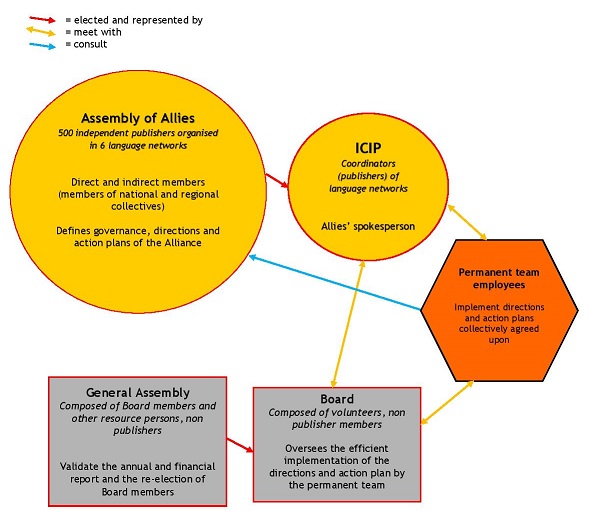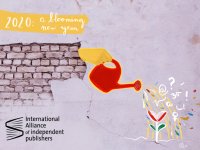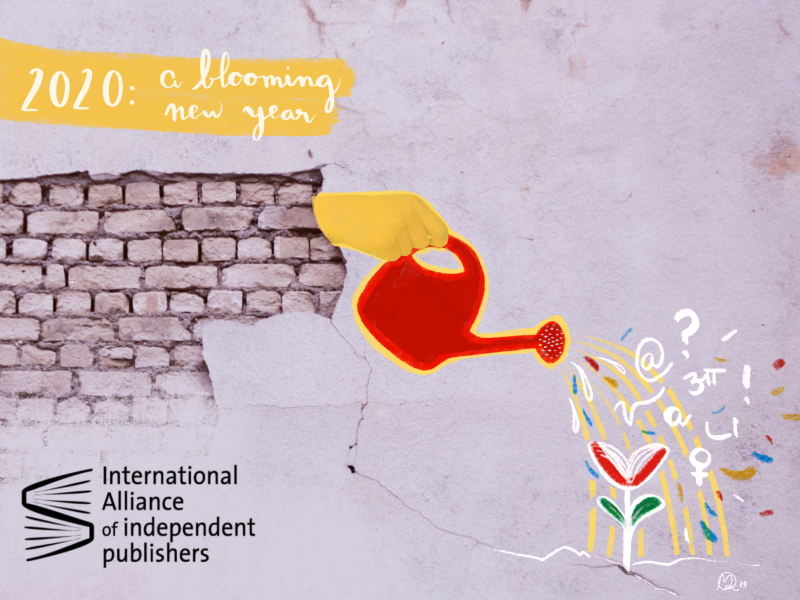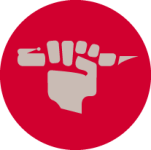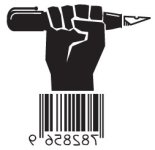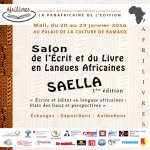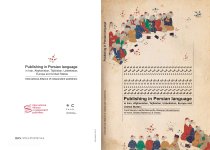
Publishing in Persian language presents a comprehensive and current overview of publishing in Persian language, in Iran, Afghanistan, Tajikistan, Uzbekistan, but also in the diaspora in Europe and the United States.
Articles, penned by Ali Amiri, Beytolah Biniaz, Masoud Hosseinipour, Farid Moradi, Laetitia Nanquette and Dilshad Rakhimov, enable an understanding of editorial markets through historical, economic, political and cultural perspectives.
This study sheds light on the work and publishing list of several independent publishers in Persian language, and thus enabling professional and intercultural exchanges.
Publishing in Persian language is available in Persian and English, and openly accessible on the Website of the International Alliance of Independent Publishers, in PDF, ePub and MOBI formats.
Summary of the study:
• Introduction, Beytolah Biniaz
• History of publishing in Iran, Farid Moradi
• Panorama of independent publishing in Iran, Farid Moradi
• Structure of the book market in Iran, Farid Moradi
• Cultural exchanges and translations between Iran and France, Germany, the United Kingdom and the United States, Laetitia Nanquette
• Persian language publishers in Europe, Farid Moradi
• Publishing in Afghanistan, Ali Amiri
• Panorama of publishing in Tajikistan, Dilshad Rakhimov
• Publishing in Persian language in Uzbekistan, Farid Moradi and Masoud Hosseinipour
Publishing in Persian language, “État des lieux de l’édition” collection (Reports on the publishing world), International Alliance of independent publishers, 2015.
ISBN: 978-2-9519747-7-7 (Persian version)
ISBN: 978-2-9519747-8-4 (English version)
Publishing in Persian language was made possible through the support of the Prince Claus Fund. We thank all contributors, publishers, and professionals who participated to this collective endeavour –and particularly Sonbol Bahmanyar for the coordination of the study.
















